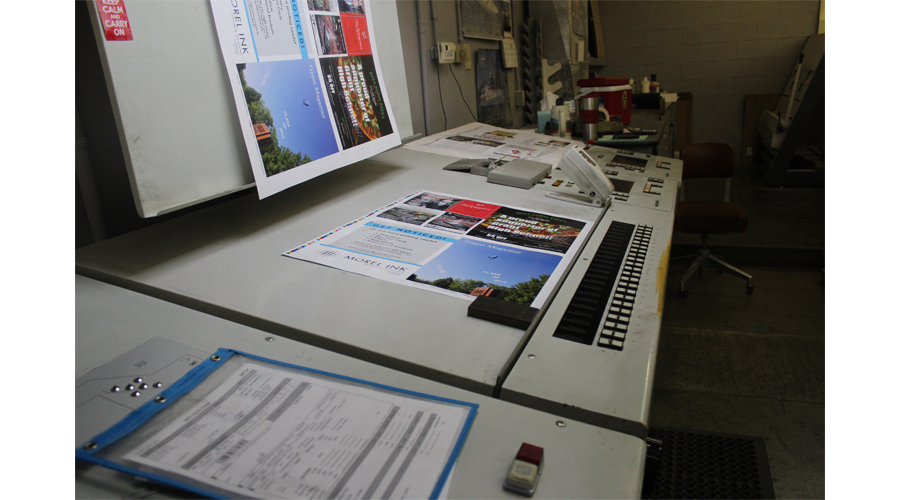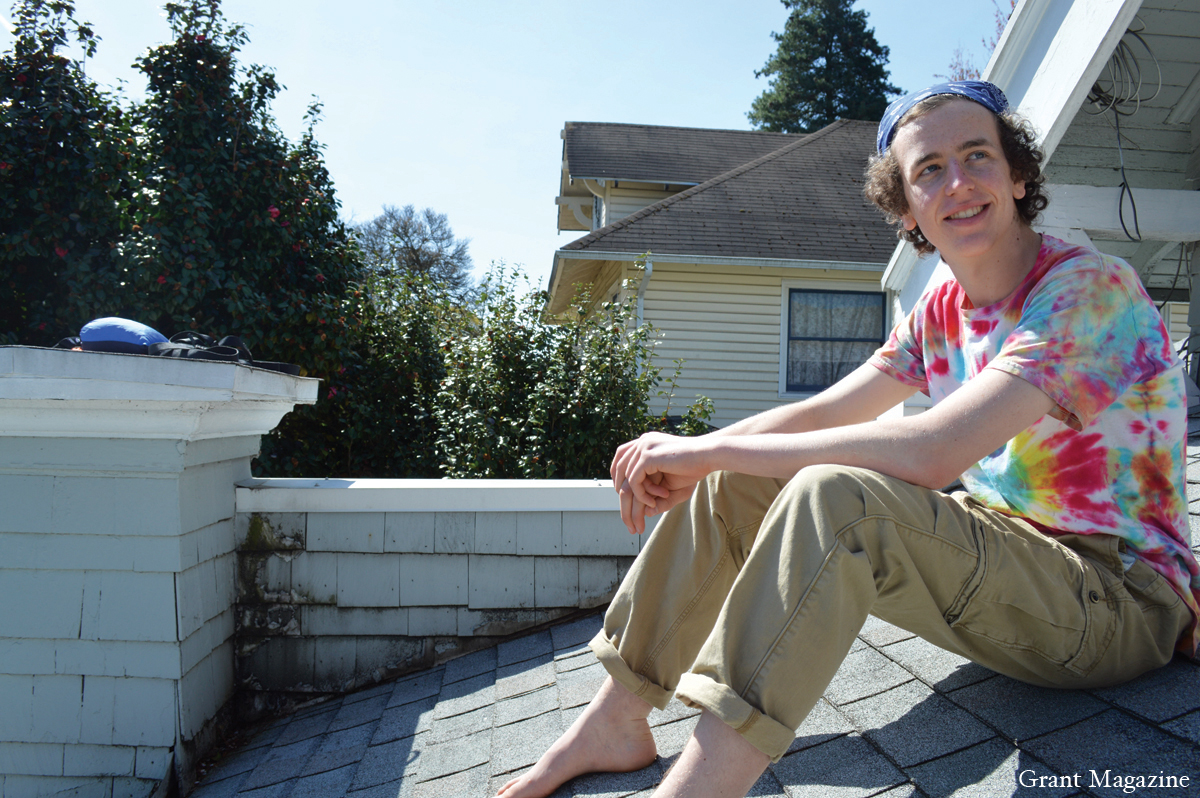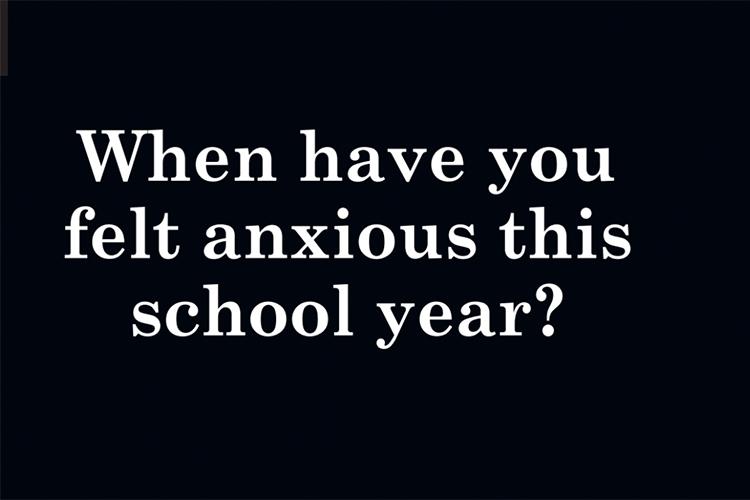As a student in health teacher Natalie Riley’s class reaches up to turn off the lights, a young girl’s voice fills one of the Grant High School portable rooms. A 48 Hours investigative story called “Loved to Death” begins on the screen.
The video covers the life of a high school community after a teenage girl winds up dead, following a seemingly simple breakup with her on-again, off-again boyfriend.
Little did the girl know that the breakup would cause her now ex-boyfriend to commit the previously unthinkable crime of murder. The students in Riley’s class sit perfectly still, eyes riveted to the screen, as the movie tells a story of mental imbalance.
The segment ends, and as the lights come up, students turn to look at one another in disbelief. Whispers continue as Riley takes charge of the class and pulls her students’ attention to a handful of other news articles about teen bullying, suicide and depression.
“Mental illness, depression, suicide. They are all tied together. If the statistics are so overwhelming, we need to be talking about the issues,” Riley says.
On the surface, suicide seems to be something that’s distant or perhaps unrelated to the everyday issues of many teens. But mental illness, depression and suicide are a lot more prevalent than they might seem.
“It’s really sad,” Riley says. “We get caught up in ourselves and we forget that our lives impact others – suicide is one of those things. It doesn’t matter what school, or who the students are, it can still impact anyone.”
According to the Centers for Disease Control and Prevention, suicide is the third highest cause of death among teens. Ninety percent of suicides take place in people who are struggling with a mental health issue. In the U.S., one in five teens faces some form of a serious mental health problem.
“People don’t talk about suicide and abuse or mental illness because it’s uncomfortable,” Riley says. “It really is uncomfortable, but it’s part of my job. I want to tackle the serious topics like mental health because they affect everybody.”
“If the statistics are so overwhelming, we need to be talking about the issues.” – Natalie Riley
LueAnn Beck, the school nurse, says it’s refreshing that Riley isn’t afraid to talk about subjects that years ago would not have been welcomed in the classroom. “I applaud Natalie. I think she’s right on,” Beck says. “Depression and mental health impact more than just our lives. It’s our families’ lives, as well.”
For Riley, suicide is personal. She was born April 10, 1982 in Kirkland, Wash., the second oldest child. Her parents divorced the summer before Riley entered fifth grade. Her household usually had foster kids coming in and out, so she oftentimes found herself caring for her younger siblings and trying to control the organized chaos. “There’s pictures of me talking on the phone with a baby in my arms,” Riley says. “There was always someone around.”
Her mother remarried when she was in high school and her stepdad had a son. When Riley was 17, her stepbrother committed suicide. She found him on the floor, dead from a gunshot wound to the head. What Riley and her family would uncover later was that the suicide came after her stepbrother had gone through months of bullying. Letters written by students in his class showed that some of his peers knew he had fallen into a depression. No one said anything.
“Now that I do teach about depression and mental illness, I can see where he might have been. But at the time, it was just shocking,” Riley says.
She later graduated from Central Washington University with a teaching degree. She worked in a treatment program for pregnant and parenting women, as well as a children’s therapy facility. Then she decided she wanted to become a teacher.
“I felt like I could connect to older students, and I wanted to be a teacher to have conversations, serious conversations,” Riley explains.
“I want to tackle the serious topics like mental health because they affect everybody.” – Natalie Riley
She lived in New Mexico with her high school boyfriend and they married in 2010. The couple moved to Portland and Riley got a job last year to teach health at Grant.
She brings a new approach to health class. “If you look at the standards for health curriculum, they are all there. I just talk a little bit more about mental health and abuse, unlike some other teachers,” Riley says.
With staggering statistics for mental health and teen suicide, Riley finds it concerning how little those topics are addressed. By showing videos, leading open discussions and opening up by telling her students her own encounters with people with mental illnesses, Riley takes the extra step.
“The story about my brother has become my story,” Riley says. “I see no benefit in getting worked up about it. But maybe it will make someone else think about their own life or situation.”
Riley’s story and job have given her the opportunity to talk honestly with students. “Health has been good because it’s not just nutrition stuff. That stuff isn’t really that helpful,” junior Kindra Jones says. “It’s more real and informative.”
Riley says she won’t stop pushing the issue. “I’m not the counselor, but hopefully some people will see me as someone they can come and talk to,” she says. ♦
More mental health coverage includes a news story examining the stigma around mental health and a profile on late Grant sophomore Henry Soltvedt.




































